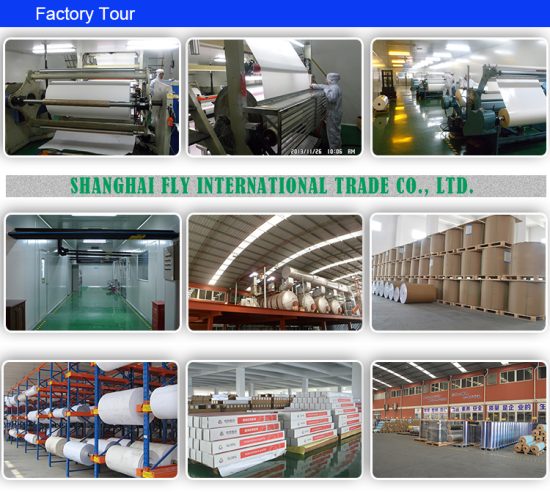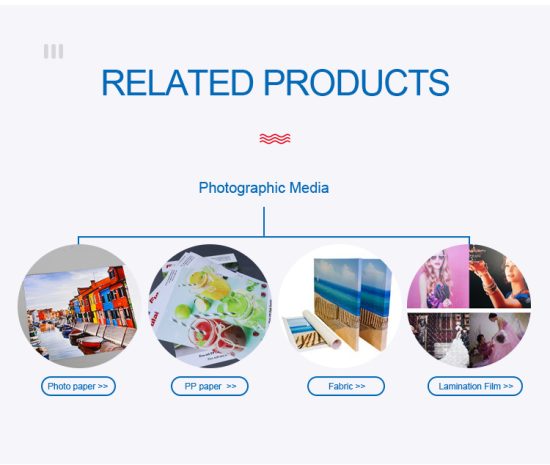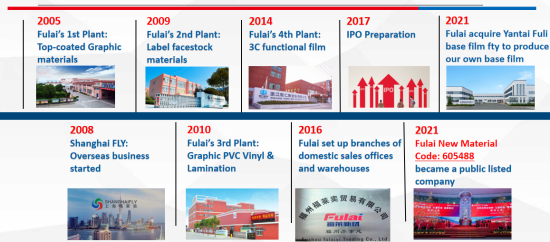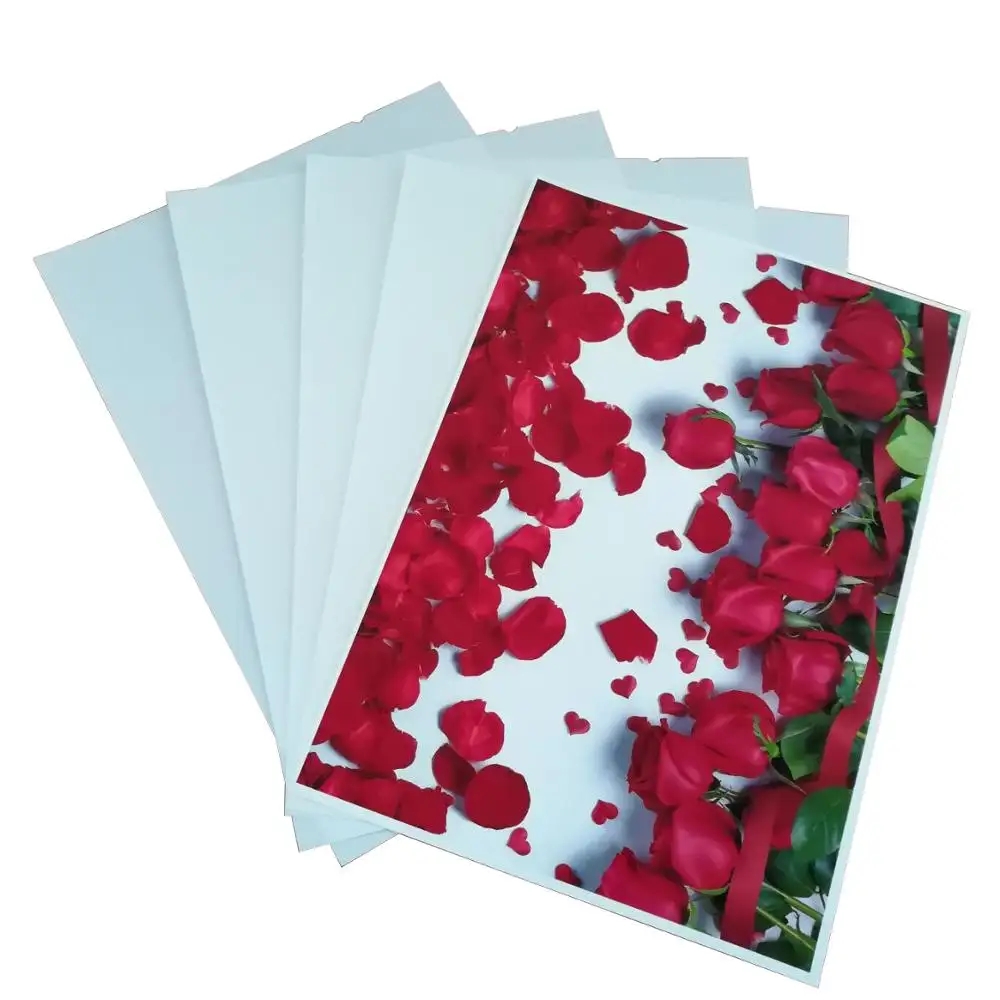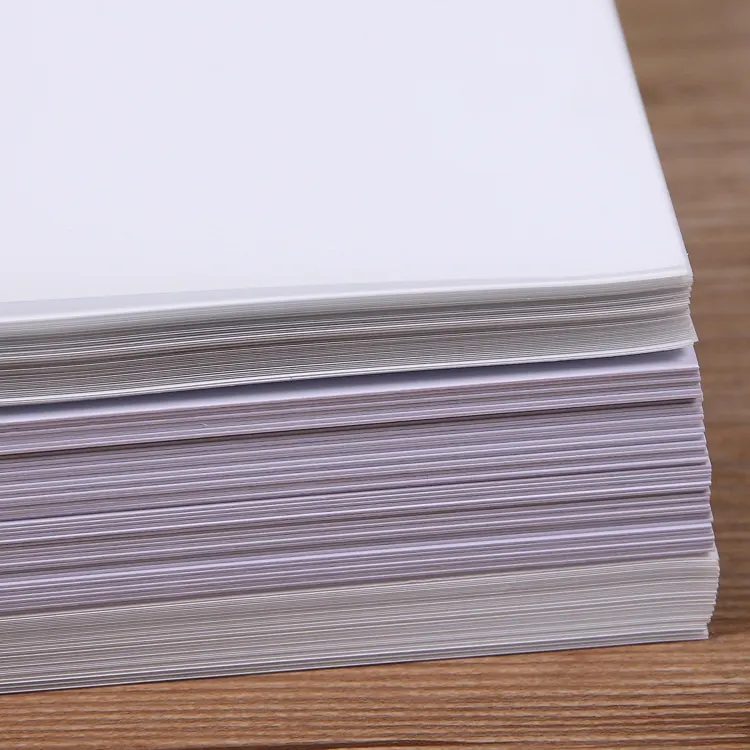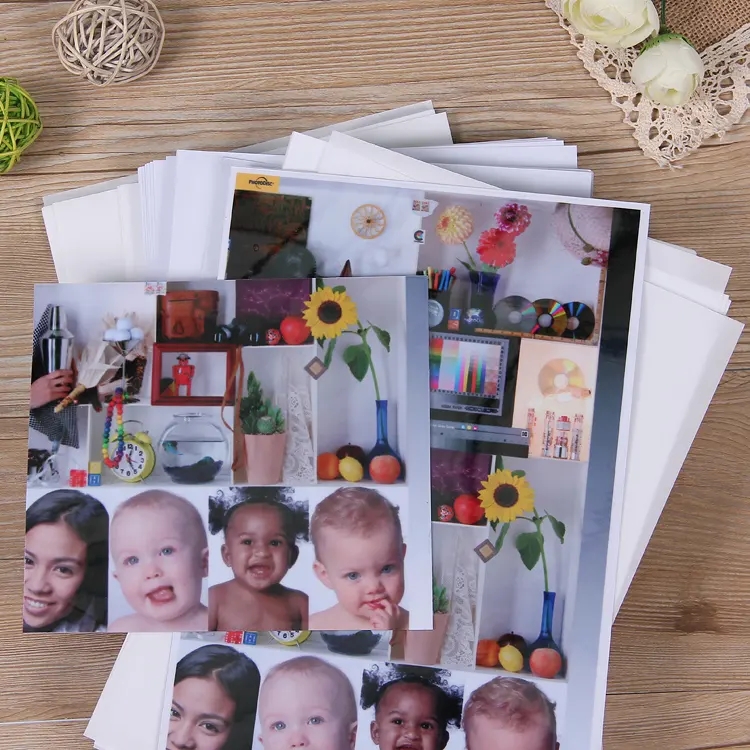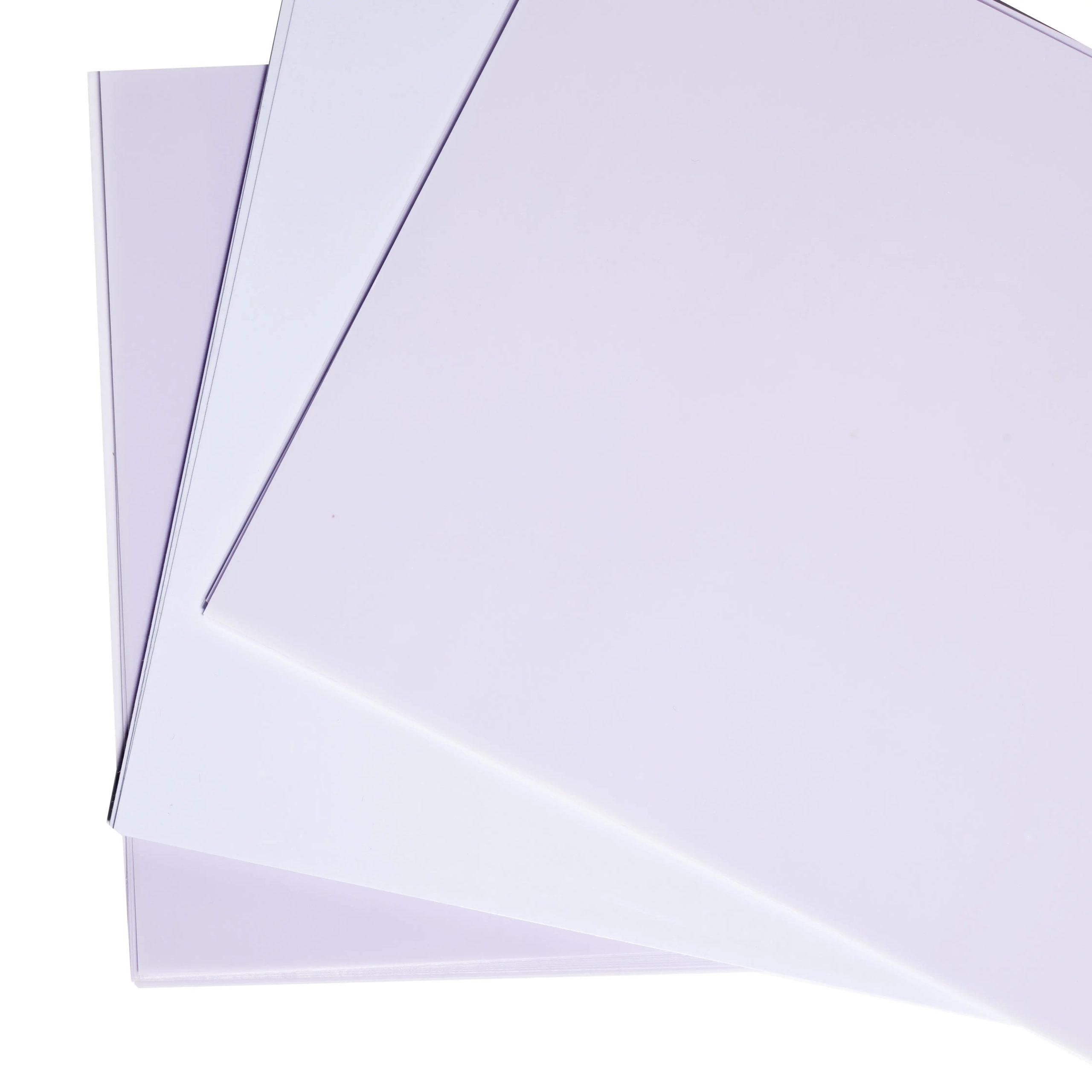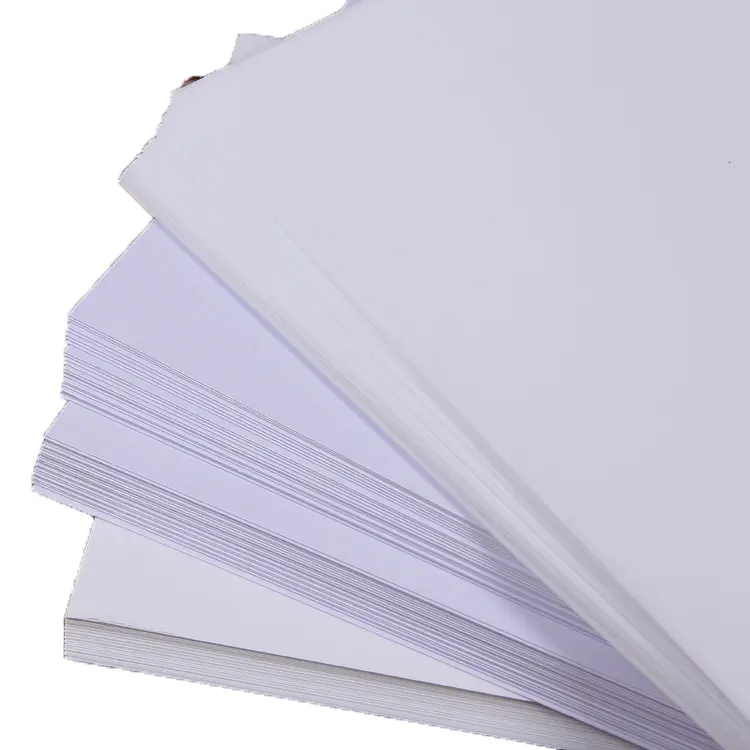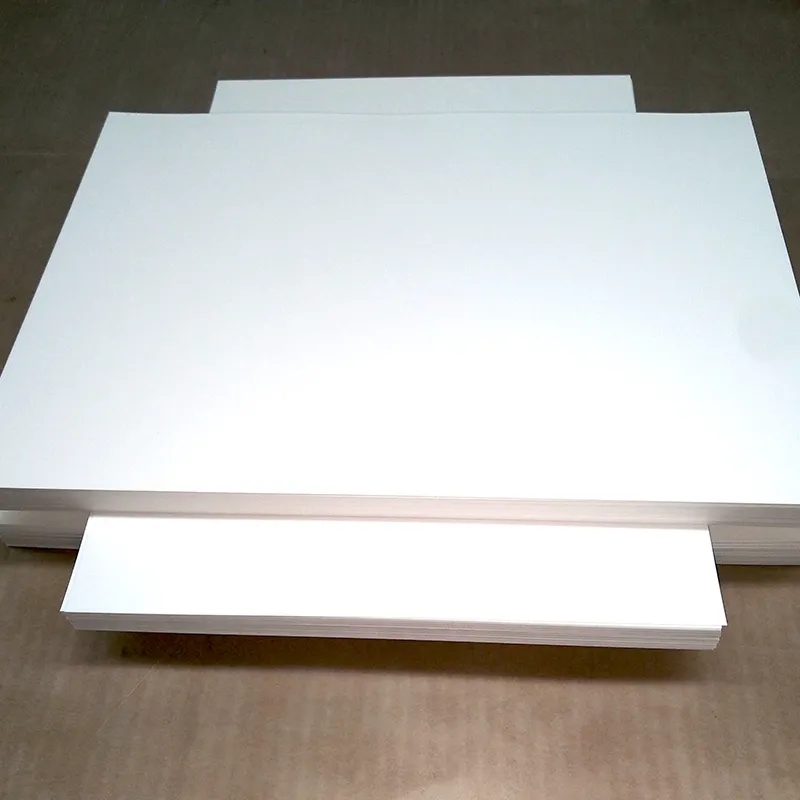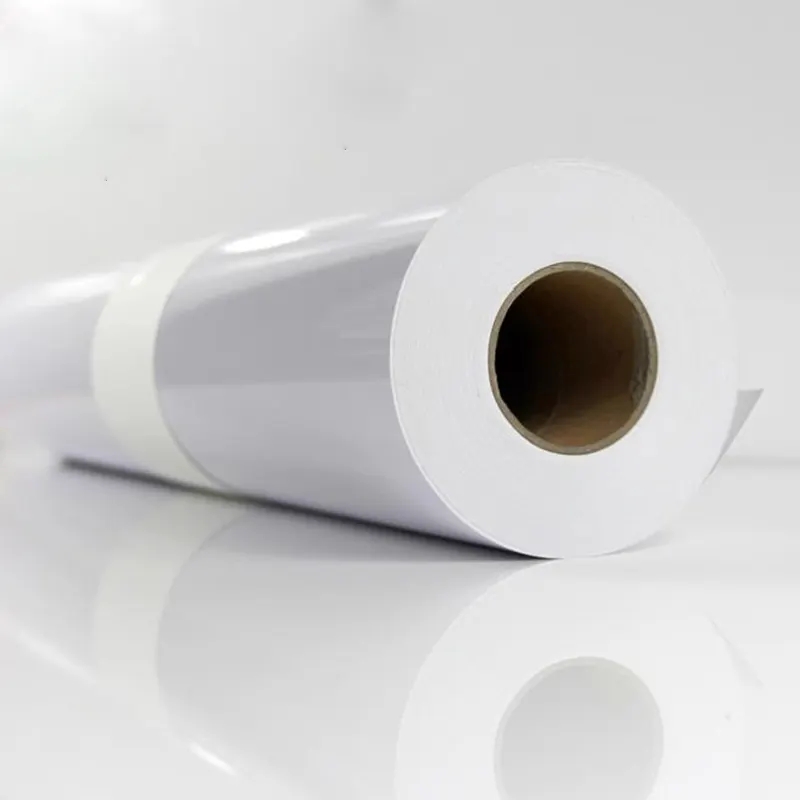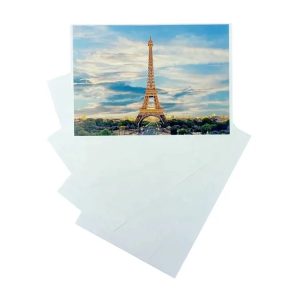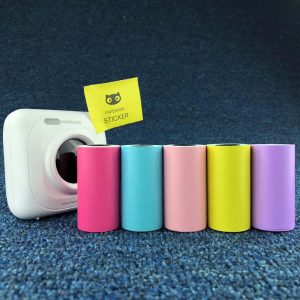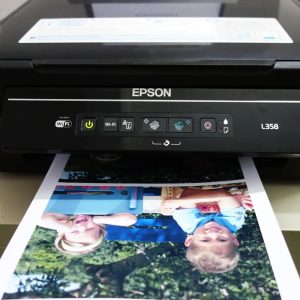Photo paper is specifically designed for printing photographs, and it offers several benefits that make it ideal for this purpose. Some of the key benefits of using photo paper include:
- Image Quality: Photo paper is engineered to produce high-quality images with sharp and vibrant colors. It allows for greater color accuracy and detail retention, ensuring that your photos look their best.
- Durability: Many types of photo paper are designed to be long-lasting and resistant to fading. They are often coated to protect against UV light, moisture, and other environmental factors, which helps preserve your photos for years.
- Texture and Finish: Photo paper comes in various textures and finishes, including glossy, matte, and satin. You can choose the one that best complements the style and mood you want for your photos.
- Quick Drying: Photo paper is often quick-drying, which prevents ink smudging and allows you to handle your photos shortly after printing.
- Print Size Options: Photo paper is available in a wide range of sizes, from standard 4×6 inches to larger poster sizes, giving you flexibility to print photos for different purposes and display options.
- Compatibility: Most photo paper is designed to work well with both inkjet and laser printers, making it versatile and suitable for various printing technologies.
- Professional Results: When you use photo paper for printing, your photos can look as if they were professionally developed or printed, enhancing the overall aesthetic and visual appeal.
- Smudge and Water Resistance: Coated photo papers offer resistance to smudging and water, which can help protect your photos from accidental damage.
- Archival Quality: Some types of photo paper are labeled as archival, indicating that they are made to preserve your photos for a very long time without significant deterioration.
- Versatility: Photo paper can be used for a wide range of applications, including framing, scrapbooking, creating albums, greeting cards, and more.
- Creativity: The variety of photo paper types allows you to experiment with different looks and styles, from the classic gloss to the elegant matte finish, to achieve the desired effect for your photos.
- Customization: You can often find specialized photo paper designed for specific purposes, such as photo stickers, magnetic photo paper, or fabric transfer paper, allowing for creative and unique projects.
In summary, photo paper offers superior image quality, durability, and a range of options for texture and finish, making it an essential choice for anyone looking to produce high-quality photographs. The specific benefits can vary depending on the type and brand of photo paper you choose.
Photo paper is packaged in a way that ensures it remains in excellent condition until it is ready to be used. The packaging methods for photo paper typically involve protecting it from environmental factors like moisture, light, and physical damage. Here are some common packaging methods for photo paper:
- Individual Sheets or Cut Sheets: Photo paper is often packaged as individual sheets or pre-cut sheets, commonly in standard sizes like 4×6 inches, 5×7 inches, 8×10 inches, and so on. Each sheet is typically enclosed in a protective sleeve or packaging to prevent damage, bending, or dust accumulation.
- Rolls: Some photo paper is supplied in roll form, especially for large format printers. Rolls are typically protected by a plastic or paper cover to prevent light exposure and physical damage. They are also sealed at the ends to keep the roll intact.
- Ream or Pack: Photo paper may be packaged in reams or packs, typically containing multiple sheets. These are often protected by a sturdy cardboard box or packaging that prevents bending and dust accumulation. The packaging typically has a resealable closure for easy access and storage.
- Boxes: In some cases, photo paper is sold in larger quantities, packaged in boxes. These boxes can hold a significant number of sheets or rolls and provide additional protection from light, moisture, and physical damage.
- Re-sealable Bags: Some high-quality photo papers, especially those with specialized coatings or intended for archival purposes, may come in re-sealable plastic bags or pouches. These bags help maintain the paper’s quality over an extended period.
- Outer Packaging: For shipping and storing larger quantities of photo paper, an outer packaging, often made of cardboard or heavy-duty plastic, may be used to protect the paper from potential damage during transportation and storage.
- Protective Coatings: Some photo papers may have additional protective coatings or layers on the surface of the paper itself to safeguard the prints against moisture and UV exposure.
- Desiccant Packets: In cases where moisture protection is crucial, desiccant packets may be included in the packaging to absorb any humidity that might otherwise affect the quality of the paper.
- Instructions and Labels: Packaging typically includes information such as the type of photo paper, size, finish (e.g., glossy, matte), compatibility with printer types, and usage instructions.
It’s important to carefully follow the instructions on the packaging to ensure the longevity and quality of your photo paper. Additionally, you should store your photo paper in a cool, dry place, away from direct sunlight and extreme temperatures, to maintain its integrity until it’s ready to be used.
Photo paper offers several advantages that make it a preferred choice for printing photographs compared to regular paper or other printing surfaces. Some of the key advantages of using photo paper include:
- Enhanced Image Quality: Photo paper is designed to deliver superior image quality, offering sharper and more vibrant colors. It is optimized for reproducing photos with high levels of detail and accuracy.
- Color Accuracy: Photo paper is engineered to reproduce colors with greater accuracy, ensuring that your printed photos closely match the original images.
- High Resolution: Photo paper supports high-resolution printing, allowing you to print images with fine details and clarity.
- Wide Range of Finishes: Photo paper is available in various finishes, including glossy, matte, satin, and specialty textures, giving you the flexibility to choose the finish that best suits your preferences and the mood of your photos.
- Durability: Many types of photo paper are designed to be long-lasting, resisting fading and deterioration over time. They are often coated to protect against UV light, moisture, and other environmental factors.
- Quick Drying: Photo paper is often quick-drying, preventing ink smudging and allowing you to handle your photos shortly after printing.
- Versatility: Photo paper comes in a range of sizes, from small prints to large posters, making it suitable for various photo projects and displays.
- Compatibility: Most photo papers are compatible with both inkjet and laser printers, providing versatility in your printing options.
- Professional Appearance: When you use photo paper, your photos can have a professional and polished appearance, suitable for framing, displaying, or sharing with others.
- Smudge and Water Resistance: Coated photo papers offer resistance to smudging and water, protecting your photos from accidental damage.
- Archival Quality: Some types of photo paper are labeled as archival, indicating that they are made to preserve your photos for a very long time without significant deterioration.
- Customization: You can find specialized photo paper designed for specific purposes, such as photo stickers, magnetic photo paper, or fabric transfer paper, allowing for creative and unique projects.
- Easy Handling: Photo paper is typically packaged to prevent damage and is easy to load into printers, ensuring a smooth and trouble-free printing experience.
- Quick Results: Printing on photo paper provides quick and immediate results, making it convenient for on-the-spot photo printing.
- Wide Availability: Photo paper is readily available in various stores, both online and in physical locations, making it easily accessible.
- Artistic Expression: The variety of photo paper types and finishes allows you to experiment with different looks and styles, enhancing your creative possibilities.
In summary, photo paper offers a range of advantages that make it the preferred choice for producing high-quality photographs, ensuring that your photos look their best and stand the test of time. The specific advantages can vary depending on the type and brand of photo paper you choose.

